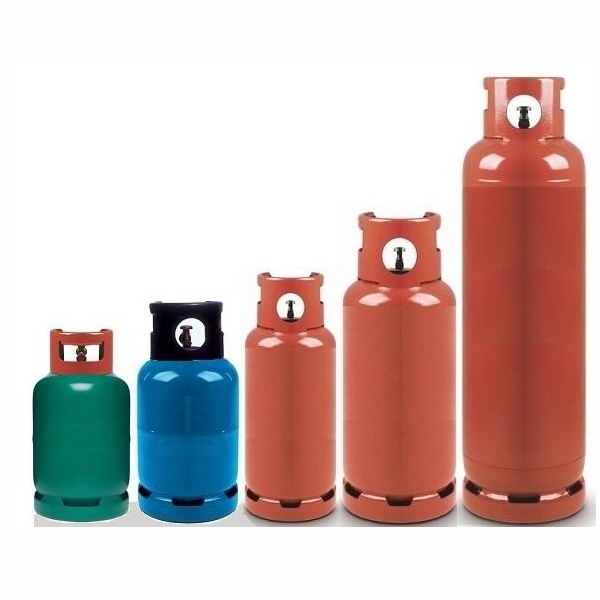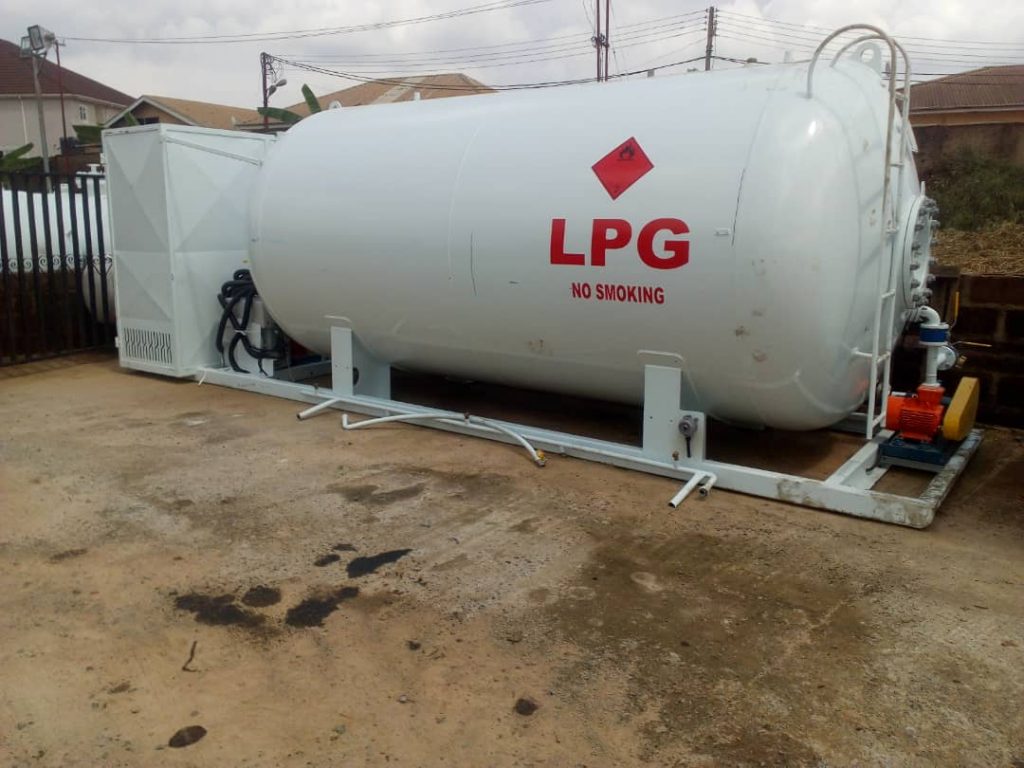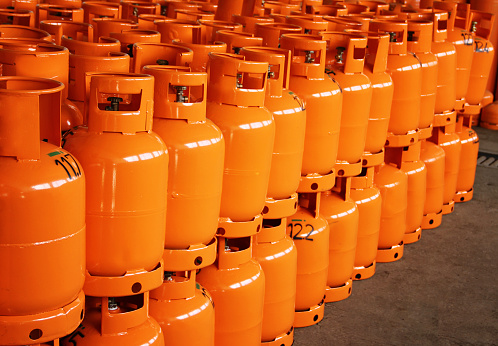The proposed review of existing gas flaring law by federal government is expected to propel domestic gas utilisation as well as help address infrastructural gap in the sector as gas flared by oil companies will now support development, writes CHIKA IZUORA. The major reason why gas is usually flared is that when crude oil is extracted from onshore and offshore oil wells it brings with it raw natural gas to the surface and where natural gas transportation, pipelines and infrastructure are lacking, like in the case of Nigeria this gas is instead burned off or flared as a waste product as this is the cheapest option, particularly when gas prices are low and fines are not collected by regulatory bodies. Gas has been flared in Nigeria since the 1950s and despite the acute energy poverty faced by Nigerians and legislative efforts to reduce gas flaring it is still a major cause of human and environmental health issues in the Niger Delta and realeases vast amounts of CO2 and polutant gases into the atmosphere. The Senate said, late last year in one of its probe sessions that Nigeria accounts for over 40 per cent of the gas flared annually across Africa, which amounts to about $7 billion in waste. Although, there are several figures from various sources showing costs in terms of monetary loss to gas flaring, the Senate in its finding declared Nigeria was losing over $2.5 billion to gas-flaring annually and that the country also accounts for an estimated two billion standard cubic feet of flared gas, which amounts to about 19 per cent of gas flared globally.
reports that a 39-year-old law had recommended only N10 as fine for gas flaring. But declaring open a public hearing on Gas Flaring (Prohibition) Bill 2017, Senate President, Dr Bukola Saraki, noted that gas-flaring remained a matter of great national embarrassment to the country. According to Saraki, apart from economic waste being a consequence of gas flaring, flared gas is also known to contain toxic substances, which cause respiratory diseases and air pollution, leading to depletion of the ozone layer, and ultimately having an adverse effect on weather and climate. He said, “Only God knows how many of Nigeria’s citizens have lost their lives as a result of gas-flaring.” Represented by deputy senate leader, Senator Ibn Bala Na’Allah, at the hearing, Saraki said there was no reason the country should continue to flare gas, considering its short and long term consequences. He said, “The issue of gas-flaring in Nigeria is a matter of great national embarrassment. We have no reason to continue to flare this precious resource God has endowed us with. “This bill, therefore, seeks to make provisions for the prohibition of the flaring and venting of natural gas in any oil and gas production operation in Nigeria and for other matters connected therewith. Gas-flaring is as old as the discovery of crude oil in Nigeria. While it remains a global environmental malaise with attendant environmental consequences, we must move with the rest of the world to seriously put an end to it. Gas flaring is not an inevitability. “While statistics may not be accurate, the quantity of gas flared in Nigeria exceeds over 40 per cent of the gas flared annually across Africa, which amounts to about $7 billion in waste, apart from economic waste being a consequence of gas flaring.”
Read more << here >>




